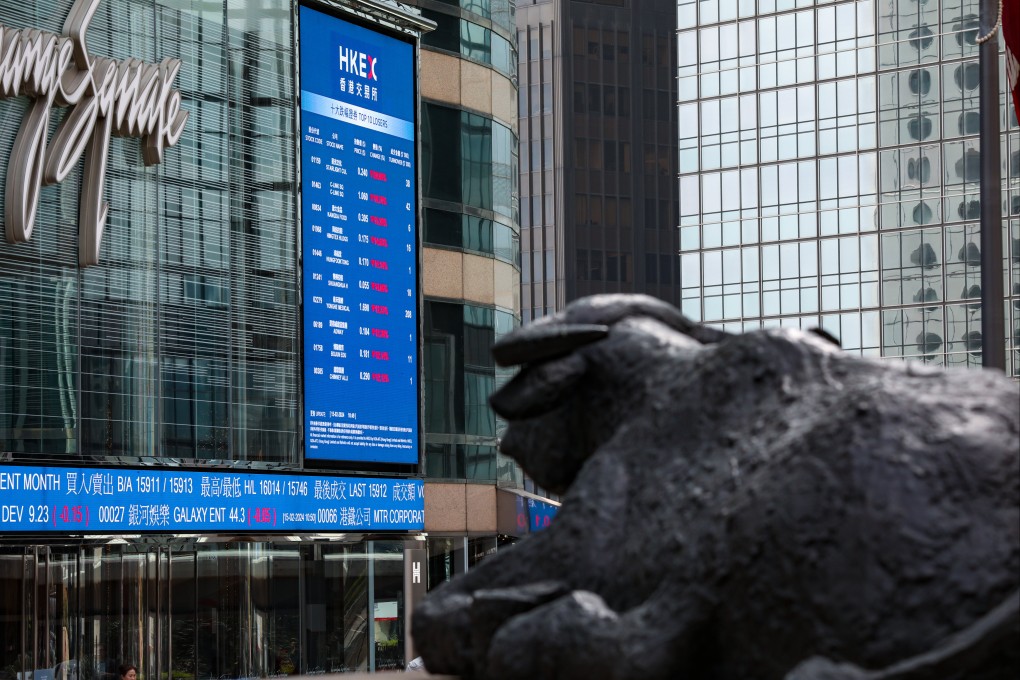Hong Kong lenders ready for e-trading, cheque settlement under new policy of stock trading during typhoons, HKAB says
- All 1,000 bank branches will shut down during typhoons but they will offer internet banking and new cheque settlement procedures under the all-weather rule, HKAB says

Hong Kong’s banking sector has started upgrading systems to handle cheque clearing procedures under the new all-weather rule that will require local stock and derivatives markets to stay open during storms.
The Hong Kong Association of Banks (HKAB), the industry body representing all 160 local lenders, said its members are ready to support the trading arrangements during typhoons and rainstorms starting in September.
“Banks have commenced the planning and preparatory works to implement the required system and operational changes,” a HKAB spokesman said in a statement in response to an inquiry from the South China Morning Post.
“Thanks to sustained investments in technology and robust infrastructure, Hong Kong’s banking community is well prepared for remote work and well placed to meet customers’ trading needs,” the statement said.
The bourse operator, Hong Kong Exchanges and Clearing (HKEX), will allow trading of stocks and derivatives to continue during typhoons and torrential rain starting from September 23, Chief Executive John Lee Ka-chiu announced on Tuesday.

The move will scrap the 70-year-old practice of halting trading on the stock and futures markets or shutting them entirely when the observatory issues a No 8 typhoon signal or black rainstorm alert.